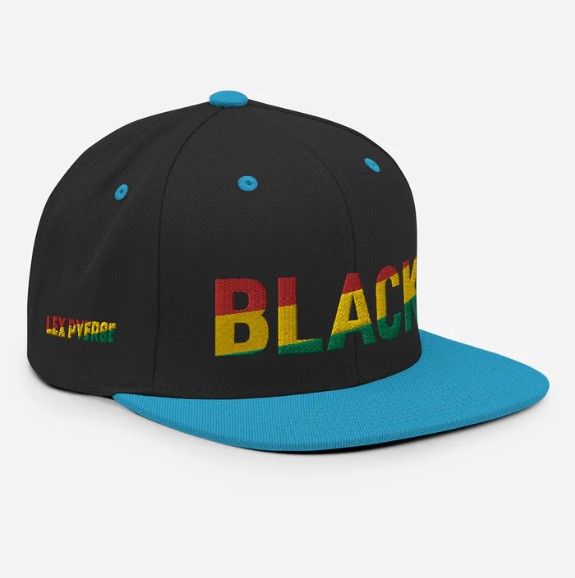
Exploring the Tax Implications of Clothing Diversity
In the realm of taxation, the fashion industry stands as a unique sector ripe with cultural influences and economic activities. Within this diverse space, clothing serves as both a practical necessity and a powerful form of self-expression. This essay aims to delve into the tax landscape of the clothing industry, focusing on various cultural aspects such as African clothing, Pan African hats, African American hoodies, black-owned businesses, and Haitian clothing.
African Clothing: A Tapestry of Tradition and Innovation
African clothing embodies a rich tapestry of tradition, culture, and artistry. These garments exemplify intricate designs, vibrant colors, and skilled craftsmanship that have captivated global audiences. From elaborately embroidered dashikis to flowing kente cloths, African clothing showcases the continent’s diverse heritage.
Within the context of taxation, African clothing presents unique challenges and opportunities. Import duties, value-added taxes (VAT), and excise taxes can impact the cost and accessibility of these garments. Tax policies that recognize the cultural significance of African clothing while facilitating international trade are essential to supporting this vibrant industry.
Pan African Hat: Symbol of Unity and Pride

The Pan African hat, with its bold colors and distinctive patterns, serves as a symbol of unity and pride for the African diaspora. This iconic headwear represents solidarity among people of African descent worldwide, transcending borders and celebrating shared heritage.
When it comes to taxes, the Pan-African hat may fall under specific customs classifications depending on its materials and manufacturing processes. Tax incentives that promote the production and distribution of cultural goods like the Pan African hat can bolster local economies and preserve artistic traditions.
African American Hoodies: Fashion as a Form of Activism
African American hoodies have emerged as a potent symbol of cultural identity and social activism. These casual yet impactful garments reflect a fusion of style and substance, conveying messages of empowerment and resistance. From Black Lives Matter protests to everyday fashion statements, African American hoodies play a pivotal role in shaping societal narratives.
In the realm of taxation, African American hoodies may face scrutiny due to their associations with social movements and political expression. Ensuring fair and equitable tax treatment for clothing items that carry cultural significance is essential to upholding freedom of speech and supporting diverse voices within the fashion industry.
Black-Owned Businesses: Navigating Tax Compliance and Equity
Black-owned businesses play a crucial role in fostering economic empowerment and community development. These enterprises contribute to job creation, wealth generation, and cultural enrichment within their respective communities. However, black entrepreneurs often face systemic barriers and tax challenges that can hinder their growth and sustainability.
Tax policies that address the unique needs of Black-owned businesses, such as targeted incentives, credits, and exemptions, are vital for promoting economic inclusivity and reducing racial disparities. By creating a supportive tax environment, governments can empower black entrepreneurs to thrive and expand their enterprises.
Haitian Clothing: Tradition and Innovation in Textiles
Haitian clothing reflects a blend of tradition and innovation in textile design. From colorful madras fabrics to intricate beadwork, Haitian garments showcase the artistry and resilience of the Haitian people. These clothing items not only celebrate the country’s cultural heritage but also support local artisans and promote sustainable fashion practices.
In the realm of taxation, Haitian clothing may face challenges related to import duties, trade restrictions, and supply chain disruptions. Implementing tax policies that facilitate the ethical sourcing and production of Haitian garments can enhance market access and promote social responsibility within the fashion industry.
In conclusion, the taxation of clothing intersects with a mosaic of cultural identities, economic imperatives, and social dynamics. By recognizing the diverse contributions of African clothing, Pan African hats, African American hoodies, black-owned businesses, and Haitian clothing, policymakers can develop tax policies that support cultural expression, economic empowerment, and social justice within the fashion industry.




